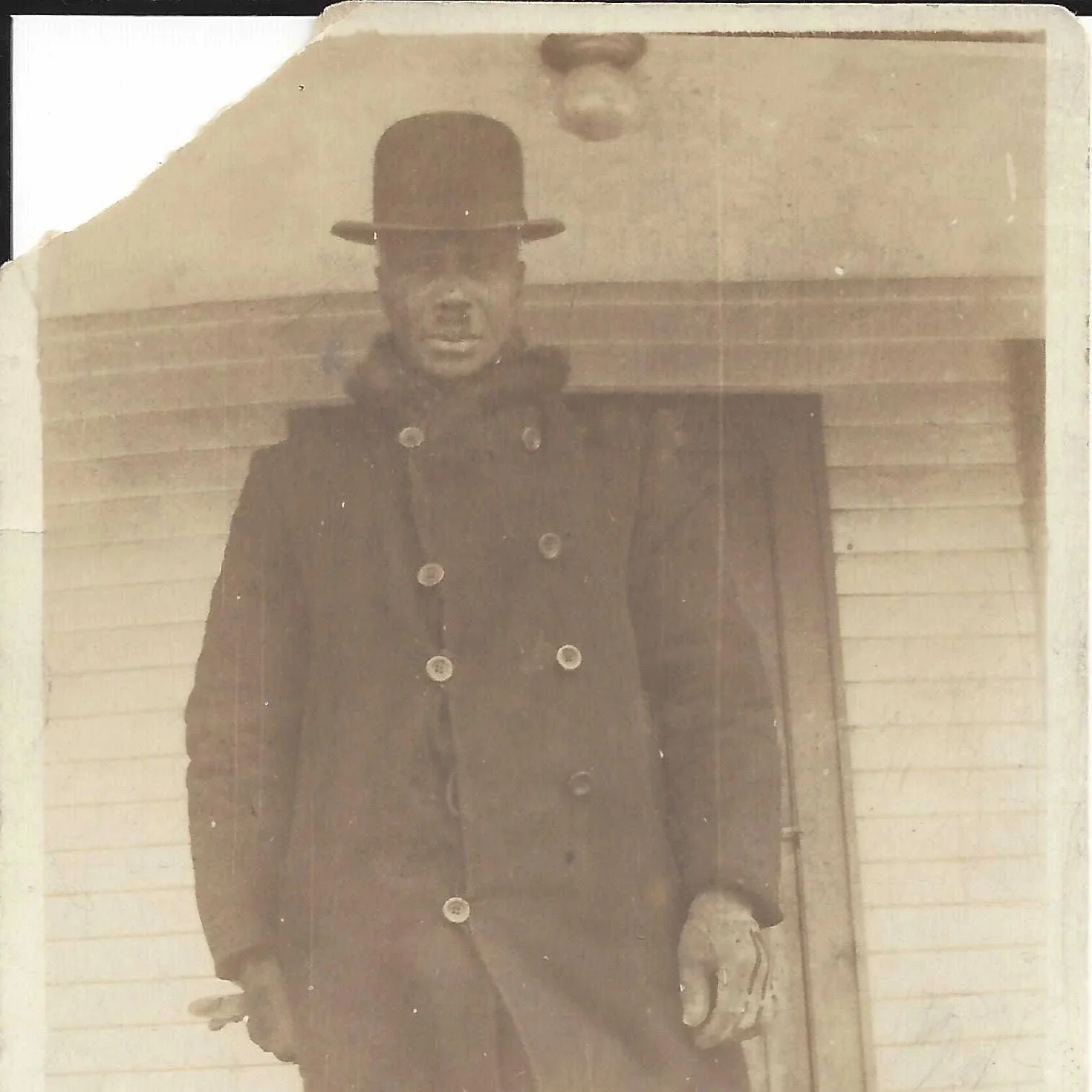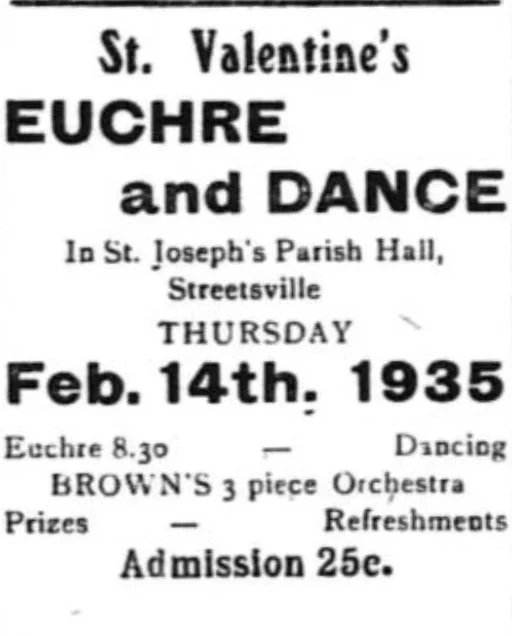Modern Entrepreneur - Mississauga's Diondra Filicetti Publishes Her First Book, Engagement Economics
/In conversation with Mississauga’s Diondra Filicetti, who published her first book, Engagement Economics, earlier this year.
1. What inspired you to write Engagement Economics?
Like many people, there was a time in my career when I felt completely disengaged at work. To be honest, I was miserable. I remember dreading each day, wondering if this was what work was supposed to feel like.
Then I started paying attention to the stories around me. Colleagues, friends, even acquaintances shared experiences of terrible bosses and workplaces where they felt invisible, unappreciated or miserable. Different voices, but the same stories. The same frustrations. The same patterns. The same disengagement.
That’s when it hit me: if so many of us were feeling this way, then we must all have some common needs at work that weren’t being met at work. And if leaders could understand those needs, they would finally have a way to change the experience, both for themselves and their teams.
So I decided to do something about it. I decided to map out those universal needs in a practical framework that was grounded in psychology, paired with real stories, and supported with strategies leaders could put into action.
2. Describe the book in less than 10 words
Creating more engaged teams while driving results, win-win for everyone.
3. From the first keystroke to receiving the finished copy, how long did it take to write?
Call me old fashioned, but I wrote a lot of this book in a notebook!
The ideas for Engagement Economics first started circling in my mind back in 2021, but it wasn’t until 2022 that I put pen to paper. And once I did, that notebook went everywhere with me.
I remember being at a cottage with friends, and while everyone was enjoying the scenery, I was sitting outside with my notebook writing chapters. Or many times you could find me in the corner of a restaurant, sitting in a booth by myself, scribbling away. Then I would come home and type it all up.There’s something about writing by hand that helps (me at least) with writer’s block.
Once I finally had a completed manuscript that I was happy with, I worked with professional editors for both a structural and a copy edit. The editing process, although tedious, really helped the book shine.
Long story short, the ideation, writing and editing process took a total of 4 years.
4. What's the most impactful takeaway you want people to have after reading your book?
Whether you’re a leader, a parent, or someone responsible for a group of people, my hope is that readers walk away feeling equipped to build more engagement within their teams. The biggest takeaway is that disengagement costs us all. Globally, it drains trillions of dollars from the economy in lost productivity, dysfunctional work relationships, and high turnover. Yes, trillions.
Beyond the numbers, we all want to feel engaged! But we need the right conditions. That’s what Engagement Economics is about. When leaders learn how to create the right environment, align inclination and activate their team, they can unlock all sorts of benefits. The team won’t just perform better, they’ll innovate, they’ll stay, they’ll grow. Those benefits translate to greater profitability for the organization.
At the end of the day, engagement isn’t just good for people, it’s good for business.
5. Your company, Driven By Co. is approaching a decade in business; how has this helped you evolve as an authour, person and entrepreneur?
One of the unexpected benefits of writing a book was how much it helped me clarify my niche. When you’re writing, you can’t speak to everyone, you have to be very clear about who your reader is. That meant carefully choosing the examples, research, and stories that would resonate with that very specific audience… leaders.
That process forced me to step back and reassess my business. I realized there were areas where I was trying to be too broad, spreading myself thin across too many directions. Narrowing my niche, helped me see where to direct my energy and how to be more intentional in making decisions about the services I offer.
On a personal note, writing this book was one of the greatest challenges I’ve faced. I lost my Dad in the middle of the writing process and therefore lost a lot of will to continue. Finishing it however, reminded me that we are all capable of doing difficult things. And in the hardest moments, it’s often our community that steps in to encourage us, lift us up, and remind us to keep going.
6. For aspiring authors, what are two succinct pieces of advice you have?
Number one, write a little bit, every day (or at least every week). Try not to go long periods of time without writing. The longer the gap between writing sessions, the more difficult it is to get back into the flow and remember where you left off. Even if it’s just twenty minutes a day, just get something onto the page. You can edit it later.
Number two, save the introduction for last. For me, both the introduction and the conclusion were the toughest sections to write. What helped was writing down one key takeaway from each chapter. By the time you circle back, that list of key takeaways will help you craft a clever introduction to tie it all together.
7. Your credentials are well-earned and impressive; are there plans for a second book?
Oh goodness. I have to be honest, writing Engagement Economics took a lot out of me.
Writing a book is a massive project, so I will definitely take a big writing break!
However, that said, there has been an idea floating around in my mind. It’s not fully formed yet, but perhaps Book Number two is starting to brew.
8. What's on tap for 2026?
I’d really like to take this message and this book nationwide and eventually worldwide. This book has a paired keynote called “From Quiet Quitting to Engaged Performance”, and my dream is to take it to larger stages, larger companies and larger teams across Canada. My goal is to inspire leaders everywhere to transform the narrative around our work and turn this massive disengagement problem into teams full of energy, purpose, and performance.
Learn more about Diondra’s journey here and visit her website here.
Where to Find Engagement Economics:














